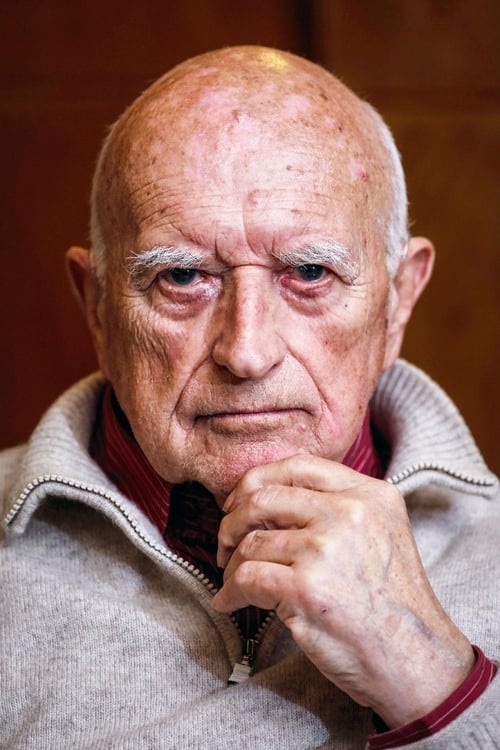The False Note (1963)
Жанр : мультфильм
Время выполнения : 10М
Директор : Raoul Servais
Краткое содержание
A day in the life of an organ grinder, down on his luck, who wanders the streets of Paris, dreaming of what might be. He can't help but crank out the occasional false note, just often enough to enrage his listeners and discourage any donations. He dreams of playing a large pipe organ. The juke box drowns him out at a cocktail bar, a church organ drowns him out on a street, pinball machines drown him out at Luna Park. The city's neon lights and commercial posters overwhelm his small art. At the end of the day, he captures the tear of a calliope horse - his sole earnings for the day - which may prove magical.

Clever and mildly entertaining short from Plympton shows us the point of view of a tree throughout its life. The film gives us various vignettes dealing mostly with sex and violence.

The life of composer Alex Balanescu.

The first part of this documentary deals with the Portuguese neurologist António Egas Moniz, Nobel Prize for Medicine in 1949, one of the first surgeons to apply the technique called lobotomy for the treatment of schizophrenia. The second part deals with the everyday life of people with schizophrenia today: behavior and relationships, and treatment for the disease.

A couple of young university students decide to spend the day in Toledo, in order to forget a little of the routine in which they are. At nine o'clock in the morning, José Luis waits at the Atocha station for his girlfriend, Mari Carmen. The couple has deceived their families, who have told that they will eat in the Faculty. The journey is eternal and the stay in the city, rather than surprise them, as they expected, immerses them, even more, in the monotony in which they live. Without friends, without relatives and without university partners, the couple will spend twelve hours in Toledo, half a day of tenderness in the rain and the December sun that will help them to know themselves better.

A Jewish family suffers persecution and suffering in the 16th century when they are accused of practicing witchcraft.
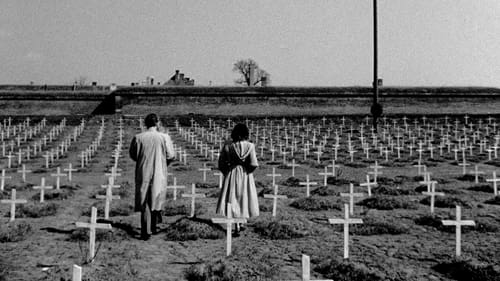
Prague, during World War II. Hana Kaufmann, a Jewish ophthalmologist, marries Dr. Antonín Bureš, a Christian man. When her family is sent to the Theresienstadt concentration camp, their romance turns into a struggle for survival.

Two kinds of starfish, the brittle and the feather. The brittle star moves its arms alone, without the aid of suckers. Underneath is a single opening. Stalks move food close to the mouth and move waste away. We see vents, used in reproduction and breathing. We watch the hatched young expelled into the water. The camera shows us brittle stars' intricate patters. We observe feather stars in clusters, like ferns. One turns over slowly; arms have branches with stalks for breathing and gathering microscopic food. Reproductive organs are inside branches. We see eggs develop at 1,400 nature's speed. Larvae emerge, 0.1 mm long. They grow. A feather star takes a walk.
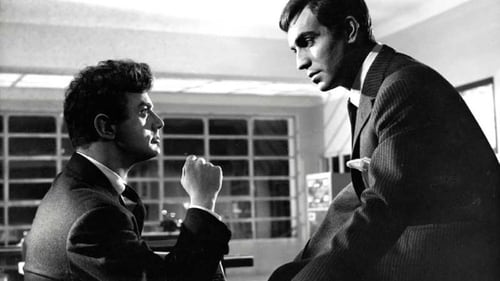
Alfredo is a cheerful party animal, son of a wealthy man. Alfredo's brother, a young very focused and mature boy, and their father try unsuccessfully to change the profligate lifestyle of Alfredo to remedy the dissolute life of the latter, which, by all indications, is clearly gay.

Josephine and Antonio have reached a delicate economic balance after marriage. The salary of lawyer from him, and wins her in the hospital, allows them to survive and fantasize about some freak. The situation is complicated by the news that Josephine is pregnant. Ahead of the debacle that may involve having a "child who eats everything, including food," Josephine teaches the baby still in her womb, higher education courses in order to save some money in schools. Meanwhile, Antonio enters the underworld scene, looking for customers who offer their services as a lawyer.

Bruno, a young traffic agent of the Spanish Guardia Civil, is abandoned by his wife after having an affair. Bruno, devastated, discovers one night, by chance, a strange passageway that leads him to another level of reality.

Antonio and Concha, a couple who are constantly fighting about money, win the Christmas Lottery first prize. Concha, who is very bossy, starts making decisions about how they're going to spend it. But Antonio is fed up with her, he just wants to go to Brazil, lay in the sun, and never see her again. So he starts to plan how to get rid of her...
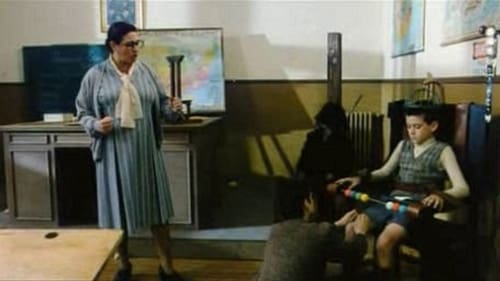
The teacher explains to her students, step by step and with full details and live examples, how are the different types of execution: the electric chair, the garrote, the gallows ..
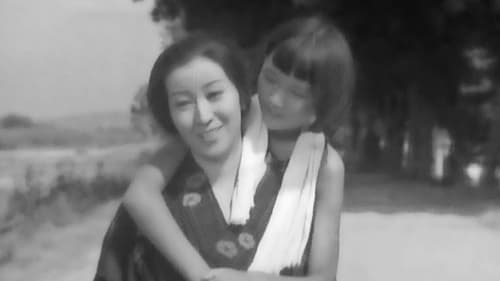
Two young girls, Nobiko and Tomiko, go to the same school. The less fortunate girl Nobiko is one of the top students, while the rich girl Tomiko is not. At one time Tomiko's father was quite fond of Nobuko's mother.
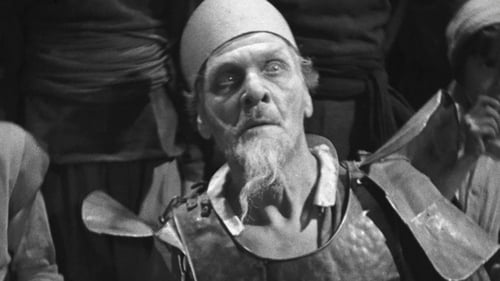
В Испании, ХIV веке, старый идальго по имени Дон Кихот сошел с ума от чтения, поглотив слишком много рыцарских книг. Провозгласив себя рыцарем, он излагает своему оруженосцу, Санчо Панса, идею реформации и возрождения эпохи рыцарства, провозгласив простую девушку своей благородной дамой Дульсинеей, ради которой он готов совершать подвиги… Георг Вильгельм Пабст снимал один и тот же фильм три раза, на трех языках. Данная версия фильма снята на французском языке, две остальных версии сняты на английском и немецком языках (немецкоязычная версия считается утерянной).

Five documentary shorts about various children from the third world.
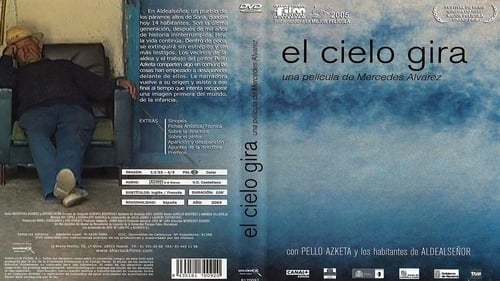
One year in the life of a tiny village in northern Spain.
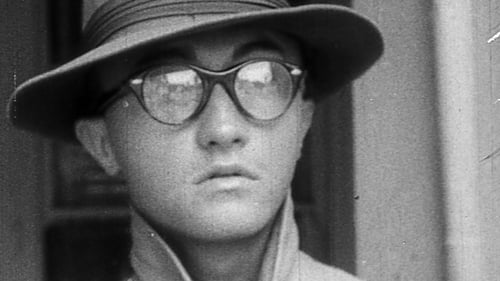
A young man desperately seeks out the fleeting image of a female companion, and though he never quite catches her, he discovers much more through the surreal explorations of his own sexuality.

Стареющий мужчина возвращается к воспоминаниям тридцатилетней давности. Лирическая история о первой любви, смерти и жизненных разочарованиях. Лучший фильм классика чешского кино Отакара Вавры, из снятых им после 1948 года.

Come take an avant-garde walk in the Montparnasse of the late 1920's. This district of Paris, filmed in a most unusual way, shows how dedicated it is to art. Visit its art galleries and exhibitions, take a glimpse of famous painter Fujita, of Luis Buñuel eyeing the legs of beautiful Parisian passing the terrace of the café where he sits, of Italian futurists Marinetti, Prampolini and Russolo.

Portrayal of a talented, influencial and troubled artist: a filmmaker who fought his own demons and seemed to live his own legend like no other director. Against all odds Sam Peckinpah was able to create a very personal body of work in the studio system of Hollywood and with his powerful directing and editing style changed the way of filmmaking forever. Legendary for his use of slow-motion violence, various scandals and his ongoing problems with sudios and producers, the story of Peckinpah is filled with tragedy, humor, success and defeat.


